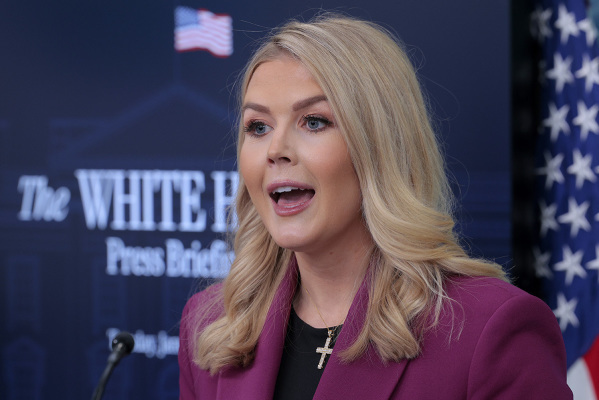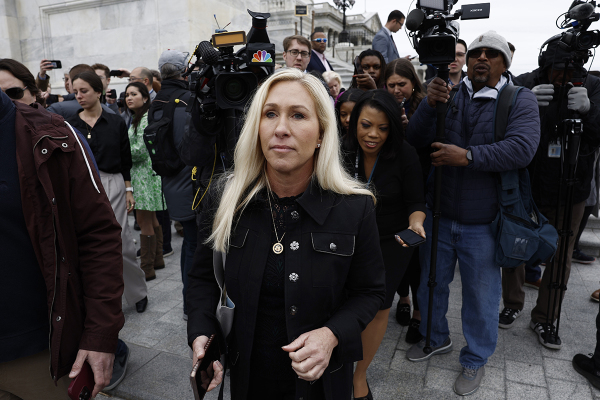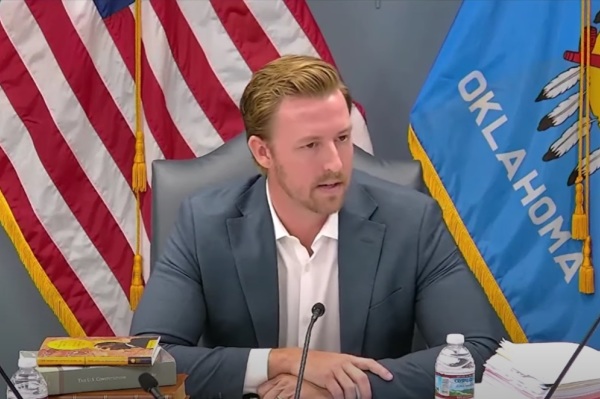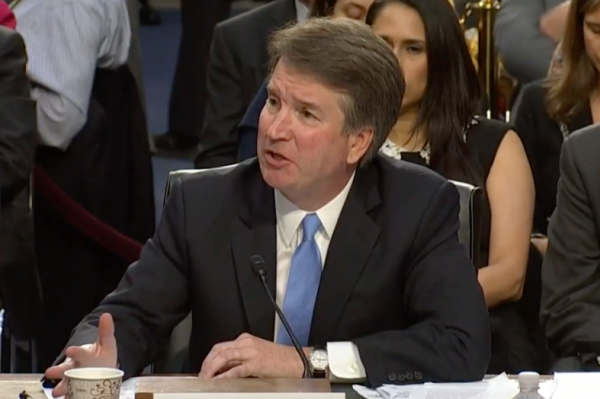Hong Kong Anglican Archbishop Calls for 'Dialogue' to Resolve Political Crisis
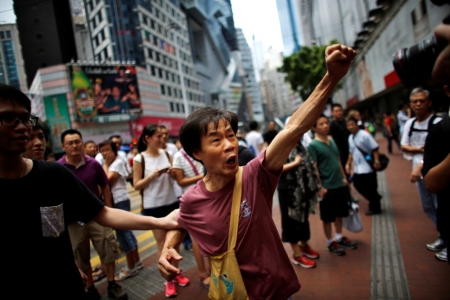
The leader of the Anglican Church of Hong Kong has issued a statement calling for "dialogue" between pro-democracy protestors and government officials.
Archbishop Paul Kwong issued the statement Tuesday where he said that he was "saddened and distressed by the increasing social conflict."
"In order to engage in real dialogue, we need to develop greater trust in one another. However this is not yet happening," stated Kwong.
"Our clergy and laity, and all people in Hong Kong share the gravity of the situation, and acknowledge the present ordeal as an extraordinarily difficult time of trial. We will face a situation of deep internal conflict and division for a long time to come."
Kwong also stressed that the Church is "a ministry of reconciliation and pastoral care for all" and called on communication between the two parties.
"…[W]e open ourselves to our community, as we seek to promote mutual understanding in the spirit of dialogue through both a recognition of differences and a commitment to the common good," added Kwong. "We extend our love and prayers for those who take part in demonstrations, for those entrusted with maintaining public order, and for those who hold government office."
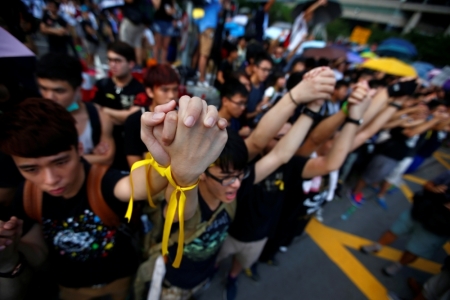
Last month, protests erupted in Hong Kong over reported efforts on the part of the People's Republic of China to strengthen its rule over the city-state.
Beijing had recently decided to curb the extent of democratic reform for the city, prompting large scale demonstrations against Chinese Communist rule, reported The Associated Press.
One group of protestors, known as Occupy Central, have been critical of the decision and Hong Kong's current leadership, Chief Executive Leung Chun-ying.
"The protests began with sit-ins over a week earlier by students urging Beijing to grant genuine democratic reforms to this former British colony," noted AP.
"Beijing's insistence on using a committee to screen candidates on the basis of their patriotism to China — similar to the one that currently hand-picks Hong Kong's leaders — has stoked fears among pro-democracy groups that Hong Kong will never get genuine democracy."
Concerns over the political future of Hong Kong have reached the White House, as an online petition calling for the United States to support the pro-democracy forces garnered over 195,000 signatories.
"We, the democracy-loving people living in the U.S. and other parts of the world, urge you to press the Chinese government to honor its promise of democratic elections to the Hong Kong citizenry," read the petition.
"We hereby strongly appeal to the U.S. government to make it clear to the Beijing authorities that any effort to crackdown peaceful demonstrations by force will be strongly opposed and severely punished."
The White House issued an official response, telling the petitioners that the Obama administration is "watching the situation in Hong Kong closely."
"The United States supports universal suffrage in Hong Kong in accordance with the Basic Law and we support the aspirations of the Hong Kong people," stated the response.
"We believe that the legitimacy of the chief executive will be greatly enhanced if the Basic Law's ultimate aim of selection of the chief executive by universal suffrage is fulfilled and if the election provides the people of Hong Kong a genuine choice of candidates representative of the voters' will."











